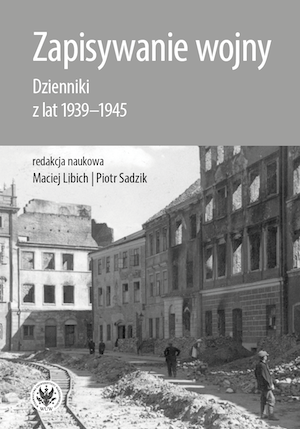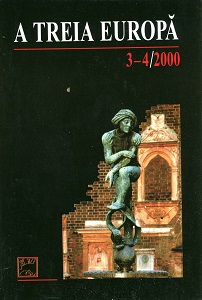
Między dokumentem, świadectwem, praktyką piśmienną i literaturą
In this article the author describes the change in the status of wartime and Holocaust diaries which has taken place in Poland in the last fifty years. He distinguishes four main phases of the perception of war diaries: from document, through testimony, writing practice, to literature. They are chronological and typological in character, for although their temporal dynamics is clearly discernible, at the same time they repeatedly overlap, co-exist and even in a certain sense – compete with each other. In conclusion the author points out that the diaries included in the literary space (through the category of “personal document literature”) do not so much supplement or enrich this space, as “burst” it from within. War diaries seen as literature change our view of the literature itself and its place in the space of the Polish writing practices of the twentieth century.
More...
